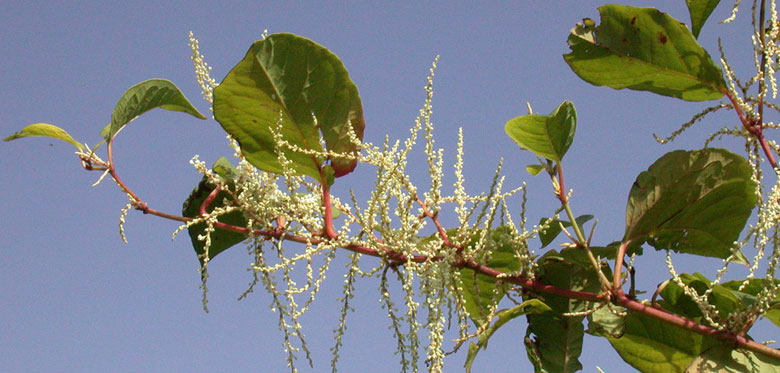The effect of Japanese knotweed on property has been well documented over recent years with images of the plant growing through concrete foundations and destabilising buildings. However, many cases are now being brought where no physical damage has been caused.
There is a growing area of case law in respect of claims against national rail for knotweed which has escaped from railway embankments into gardens bordering them. Given that railway embankments are often overgrown and poorly maintained they have become a breeding ground for Japanese knotweed.
Many property owners are unaware of the presence of knotweed on their property. This can often be discovered when a property owner comes to sell their property and the presence of knotweed is revealed by a prospective purchaser’s survey. At this point many purchasers will pull out, especially if purchasing with the assistance of a mortgage. This can often be devastating for the seller, particularly if the seller has already found a property they were hoping to purchase.
The seller then has the issue of resolving the problem with network rail before the property can be dealt with any further. As generally, the presence of knotweed was not known and in most cases, not causing any damage to the property the question arises - what relief can be granted by a court for the presence of knotweed on the land?
In the recent unreported County Court case of Williams v National Rail Infrastructure Limited (February 2017) the claimants alleged that despite no physical damage being caused to their property, the presence of knotweed had interfered with their quiet enjoyment or amenity value of their properties. The court recognised that the amenity value of a property included the ability to dispose of it at market value.
The County Court awarded a sum to the claimants to reflect the costs of having the knotweed removed and their land treated, and a further amount to reflect the residual diminution in value suffered by the property. Network Rail have applied to the Court of Appeal, and the appeal will be heard in June 2018. However, should the Court of Appeal uphold the decision of the County Court a precedent will then be set for future disputes.
If you are live near a railway and suspect your property may be effected by Japanese knotweed here are some tips on what to do:
- You will need to evidence the presence of Japanese knotweed on your property and be able to demonstrate where the knotweed has spread from. The source of the knotweed may not always be apparent and may involve some investigation
- Once the presence of knotweed and the sources have been established you will need to confirm whether physical damage has been caused to your property.
- In light of the above, it is probably worth having your property valued to ascertain whether there is any effect on the value of your property due to the presence of knotweed on your land.
How we can help
Should you wish to discuss matters further and get some more general advice on a claim against a neighbouring land owner for the presence of Japanese knotweed on your land, call 01616 966 229 to arrange a 30 minute appointment with one of our experienced advisors at a cost of £150(inclusive of VAT).
By Sian Edwards, graduate paralegal in the dispute resolution team



Comments